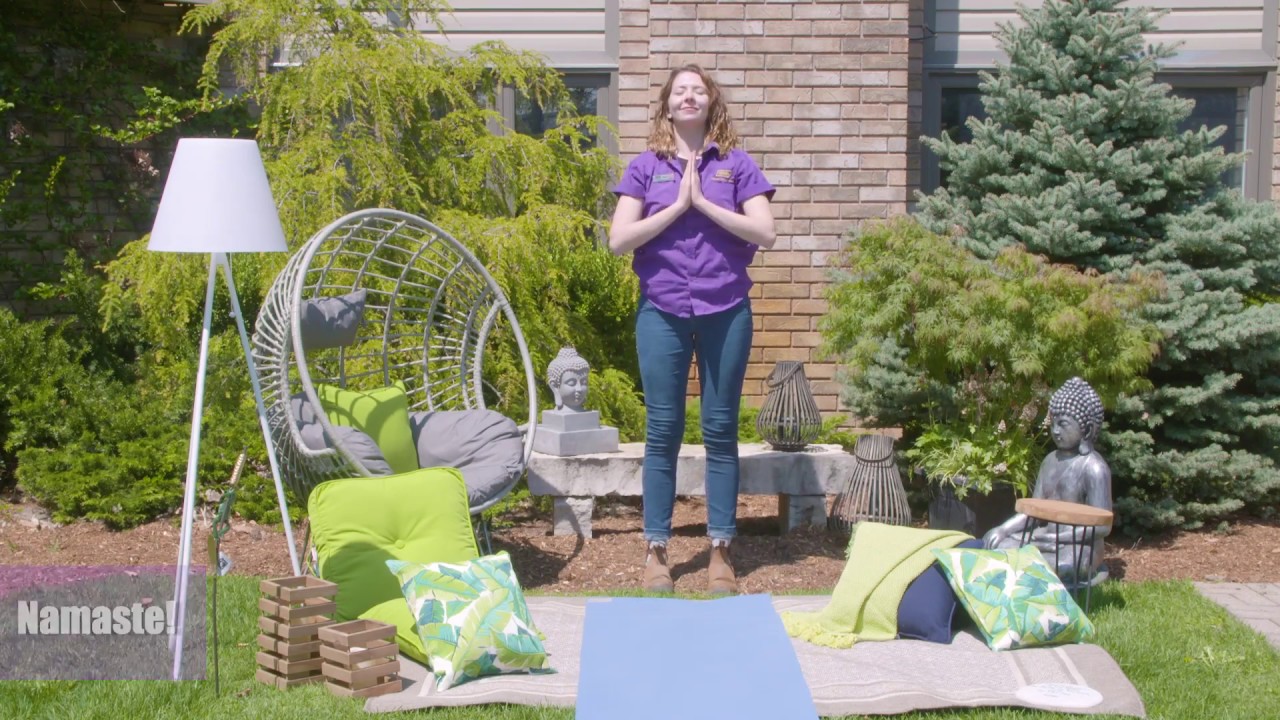Security, law, medicine, business…the modern person seems to work in a completely pressure-packed environment.
Juggling all these with family and life in general can present insurmountable difficulty. Not to mention the fact that work alone, with all the pressure in it, can be depressing enough.
Without knowing it, you might start to feel helpless and disillusioned, and completely beat-up. In that state, the problems you face may seem insurmountable. Everything may look bleak, and just about anyone going through this experience will hardly find the energy to care about anything – the greatest depth of work burnout.
What’s Work Burnout?

A state of emotional, perceptual, and physical exhaustion that’s caused by prolonged stress or high levels of pressure from job-related demands.
If you’ve had moments when nothing at all feels interesting about your life or work, when you are so withdrawn that you don’t have the energy to figure out what to do about your situation, then you’ve experienced this burnout.
Work burnout occurs when your job makes you feel overwhelmed and emotionally drained. You just can’t meet the constant demands on your schedule. Stress builds up and you begin to lose the interest and motivation to take on particular role(s). You lose even the motivation that drove you in the first place to take up the responsibility you are currently faced with.
You’ll often experience burnout if the demands of your job tend to consistently exceed your energy levels. In some cases, you might start to make simple mistakes such as forgetting to sign client’s documents, missing on crucial information and maybe even forgetting client’s appointments.
Some have termed it the modern workplace epidemic. And I somewhat find this description interestingly suiting. Because today’s work environment is characterized by highly demanding tasks, stiff competition, and constant need for multitasking. All these aspects create and exert so much pressure on the modern worker.
Why work burnout is dangerous
The detachment and despondency that burnout creates can seriously threaten your job or put your business on a pathway to its deathbed. You just can’t think straight and identify the best way to go about your work. In essence, it kills your productivity!
It can harm your relationships with customers, your coworkers, your boss, and at worst, destroy the networks you’ve worked so hard to build.
When you are detached, your spouse will not have your warmth, your children will not have your care and love. Your family may fall apart as you cease to have the foundational values that typically hold a family together.
It often leaves you increasingly feeling hopeless and helpless, and a cynic at worst.
But you can overcome burnout and regain your stability and start to feel positive again. Better still, you can prevent it by adopting a healthy working habit.
- Practice conscious breathing
Burnout is the culmination of accumulated stress primarily resulting from exceeding demands from your job.

Breathing exercises have been recommended by medics and backed by science as an effective stress management method. Conscious breathing, with deep inhalations may often reduce anxiety and stress in a couple of minutes. Your backyard is a perfect place to practice this little but important exercise.
People often don’t pay much attention to their breathing. It may often come unconsciously as a deep sigh in a stressing situation after which the person feels fairly relieved. Studies now suggest that you can use your breath to ease off work burnout.
Just take deep inhalations that fill up your lungs with oxygen and lengthen your exhales. The longer exhales effectively help relax your nervous system, and may even lower your blood pressure and heart rate.
This technique should help keep burnout from taking the better of you. It should help you keep burnout from stepping in by easing off your stress and anxiety levels. In addition, when you have a more relaxed nervous system, you will essentially have more energy – which can be a great way to fight burnout from your system.
- Cut down on stimulants
A lot of people resort to stimulants such as caffeine to fuel them up for highly demanding tasks. Notably, when you have to juggle between studying for an upcoming exam and still manage your routine 9 to 5 job.
Many people would resort to studying until late in the night, and caffeine in that case would be the secret energy drive.
While caffeine and other common stimulants may be effective as ways to ramp yourself up for immediate demands, they do more damage than good to your health.
They will sure make you “productive” by keeping you alert. They increase your adrenaline levels. And there can be no more effective way to cause one’s stress levels to shoot up.
Coffee, the most commonly used source of caffeine raises your cortisol levels. The caffeine in it is a drug in as much as it’s socially accepted. Cortisol is the chemical substance in your body that causes stress. It is the stress hormone.
Normal levels of cortisol are essential for the health of our bodies. But when these levels go up, it may become unhealthy. You will feel nervy and excited to work on. But by so doing, you are relying on anxiety to fuel you through the task.
A common phenomenon related to this over-stimulation is the use depressants as a way to calm oneself down. You may take sleeping pills, alcohol or anti-anxiety medicine as an antidote. The result is a cycle of induced back-and-forth stimulation and sedation on an already exhausted nervous system.
There’s a more natural alternative to this. Use calming exercises such as yoga, nature walks or engaging in backyard meditation and cut back on stimulants. Calmness ensures your body and spirit remain healthy. It helps you achieve consistent balance and ensure you are constantly in control and most of all; productive.
- Detach when you are not working

Working without taking breaks is one of the main reasons behind accumulated stress. To help recover in an optimal way, be sure to schedule time for recovery between tasks. Use this time to restore lost energy.
Put aside your smartphone and let your mind get sufficient rest. If you can, your digital devices have an “off button”, use it.
Detaching from work can actually make you far more productive by giving you fresh energy for every new episode of work. It allows you to gain some emotional distance from the highly demanding tasks and let you recover from stress quicker – just what you need to achieve increased productivity.
Some jobs are admittedly difficult and tiring by nature. This makes them rather stressful. If you find yourself in such a situation, you might want to consider changing jobs to something more tolerable to your system.
Nonetheless, that should only come to mind in the unlikely event that all your best efforts fail to yield result in overcoming burnout.
That’s an unlikely situation. As long as you apply these tips right, you’ll sure manage your work burnout.


